The Middle East tension is at an alarming level on the verge of a full-scale conflict, causing the international community to make efforts to find ways to cool down and de-escalate.
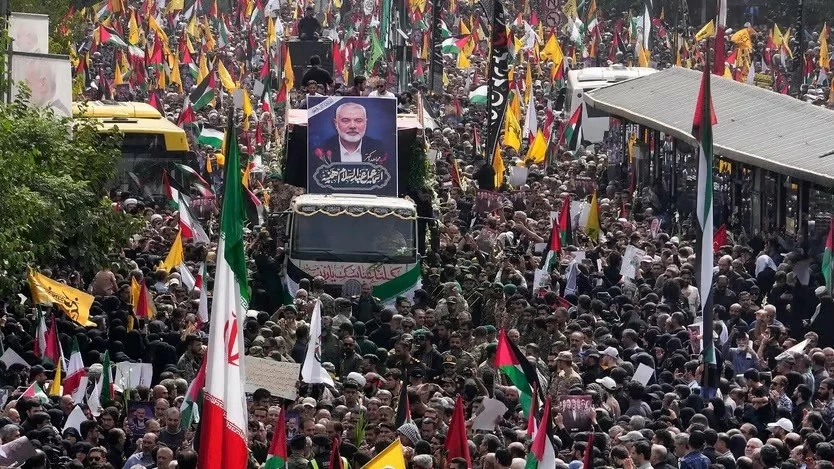 |
| The deaths of Hamas leader Ismail Haniyeh (inset) and Hezbollah's military leader on July 30-31 threaten to push the Middle East toward all-out war. (Source: The Economist) |
Reuters news agency said that the group of leading industrialized countries (G7) convened an extraordinary meeting of foreign ministers on August 4 after witnessing a dangerous escalation in recent days in the Middle East.
Italian Foreign Minister Antonio Tajani said that during an online meeting chaired by him, G7 foreign ministers expressed "deep concern about recent events that could lead to a wider crisis in the region, starting in Lebanon".
"We call on all parties concerned to refrain from any actions that could obstruct the path of dialogue and peace and provoke a new escalation," the foreign ministers' statement said.
G7 foreign ministers urged the conclusion of a ceasefire in Gaza and the release of hostages, and reaffirmed the bloc's commitment to increasing humanitarian aid to the people of the Palestinian enclave.
Meanwhile, the foreign ministers of Russia and Egypt held a phone call to discuss efforts to ease tensions in the Middle East to protect security, stability and the interests of people in the region, as well as prevent falling into a vicious cycle of conflict.
Egyptian Foreign Ministry spokesman Ahmed Abu Zeid said in a statement that Egyptian Foreign Minister Badr Abdelatty and his Russian counterpart Sergei Lavrov exchanged views on issues of mutual concern as well as current developments in the region, Egypt Today reported.
Egypt is stepping up diplomatic efforts with neighboring countries to prevent a potential regional war after Israel carried out a series of attacks on Hezbollah, Hamas and the Iraqi Popular Mobilization Forces.
Israel is accused of assassinating Hamas political leader Ismail Haniyeh in the Iranian capital Tehran on July 31. A day earlier, Israel killed senior Hezbollah commander Sayyed Fouad Ali Shukr in an attack on the outskirts of the Lebanese capital Beirut.
Iran and Hezbollah have announced retaliation against Israel, raising the risk of pushing the Middle East into a dangerous all-out war, while the conflict in the Gaza Strip shows no signs of abating.
Also on August 4, in a phone call with US Secretary of State Antony Blinken, Iraqi Prime Minister Mohammed Shia' al-Sudani stated that easing tensions in the Middle East depends only on ending attacks in the Gaza Strip and preventing the expansion of this behavior against Lebanon.
According to Reuters, Mr. al-Sudani stressed the need to prevent Israeli Prime Minister Benjamin Netanyahu and his government from attacking countries in the region, ending violations of international law and violations of sovereignty.
For his part, Secretary of State Blinken expressed the US's wish that Iraq will play a role in maintaining stability in the region and preventing escalation by all parties.
Source: https://baoquocte.vn/chao-lua-trung-dong-cong-dong-quoc-te-no-luc-tim-cach-ha-nhet-cac-ngoai-truong-g7-hop-bat-thuong-iraq-goi-y-duong-xuong-thang-281409.html


![[Photo] Binh Trieu 1 Bridge has been completed, raised by 1.1m, and will open to traffic at the end of November.](https://vphoto.vietnam.vn/thumb/1200x675/vietnam/resource/IMAGE/2025/10/2/a6549e2a3b5848a1ba76a1ded6141fae)











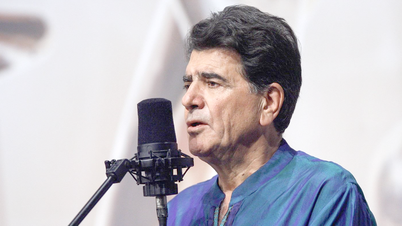




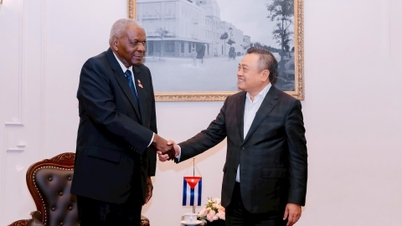

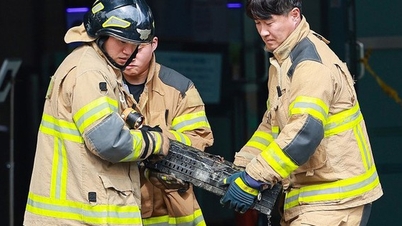

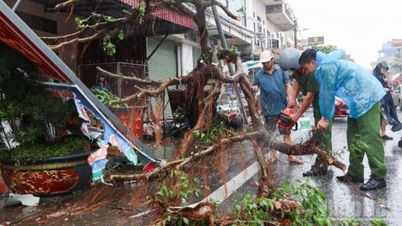







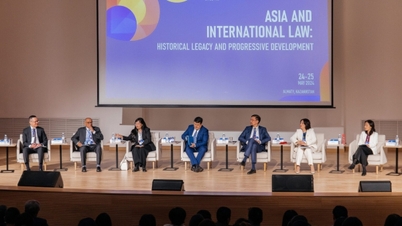

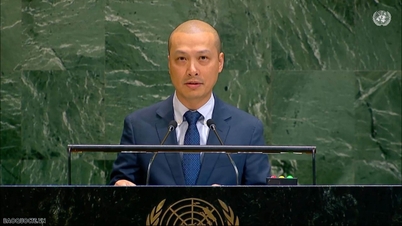





































































Comment (0)